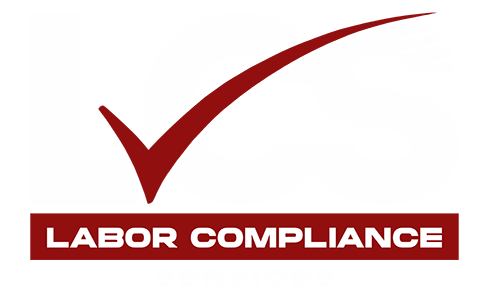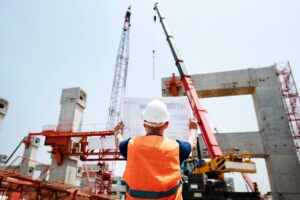The Department of the Treasury and the IRS recently issued final regulations regarding the Prevailing Wage and Apprenticeship (PWA) requirements, which impact clean energy incentives under the Inflation Reduction Act (IRA). These regulations allow taxpayers to significantly increase their tax credits or deductions—up to five times the base amount—by meeting specific labor and apprenticeship standards. This article will outline the key components of the PWA requirements, their enforcement, and best practices for compliance.
What Are the PWA Requirements?
To qualify for the increased credit or deduction amounts under the IRA, taxpayers must meet three primary PWA requirements related to the construction, alteration, or repair of clean energy facilities or projects:
- Prevailing Wage Compliance:
Ensure that all laborers and mechanics are paid wages at or above the applicable prevailing wage rates determined by the U.S. Department of Labor (DOL). - Apprenticeship Utilization:
Employ qualified apprentices from registered apprenticeship programs to fulfill a specified percentage of labor hours. - Recordkeeping and Reporting:
Maintain accurate payroll records, report labor hours worked by apprentices, and adhere to documentation requirements for compliance verification.
Responsibilities for Contractors and Subcontractors
Although all contractors and subcontractors must comply with PWA requirements, the ultimate responsibility for ensuring compliance rests with the taxpayer claiming the increased credits or deductions.
Penalties for Non-Compliance
The regulations include a strict penalty framework designed to encourage real-time compliance. Penalties apply to taxpayers who fail to meet the PWA requirements, emphasizing the importance of proactive adherence to wage and apprenticeship standards.
Best Practices for Compliance
To reduce the risk of errors and penalties, taxpayers should establish robust compliance frameworks, including:
- Regular Payroll Audits: Periodically review payroll records to ensure adherence to prevailing wage rates and apprenticeship requirements.
- Contract Language: Include provisions in contracts requiring contractors and subcontractors to comply with PWA requirements.
- Labor Classifications: Verify the accuracy of labor classifications and ensure the appropriate wage rates are applied.
- Posting Wage Information: Display prevailing wage rates in accessible locations or provide written notice to laborers and mechanics.
- Whistleblower Protections: Implement procedures for reporting suspected non-compliance without fear of retaliation.
- Apprenticeship Assistance: Reach out to the DOL’s Office of Apprenticeship or state apprenticeship agencies for support in locating registered programs.
IRS and DOL Collaboration
The IRS and the DOL are working on a Memorandum of Understanding (MOU) to enhance compliance enforcement. This agreement will enable the agencies to share information, develop training materials, and conduct joint outreach efforts. By leveraging the DOL’s expertise in prevailing wage and apprenticeship programs, the IRS aims to ensure rigorous enforcement of PWA requirements.
Final Thoughts
The PWA provisions under the Inflation Reduction Act present a unique opportunity for taxpayers to enhance their clean energy tax credits and deductions. However, achieving compliance requires careful planning, diligent recordkeeping, and adherence to labor standards. Taxpayers should stay informed and proactive to fully benefit from these incentives while avoiding significant penalties.







